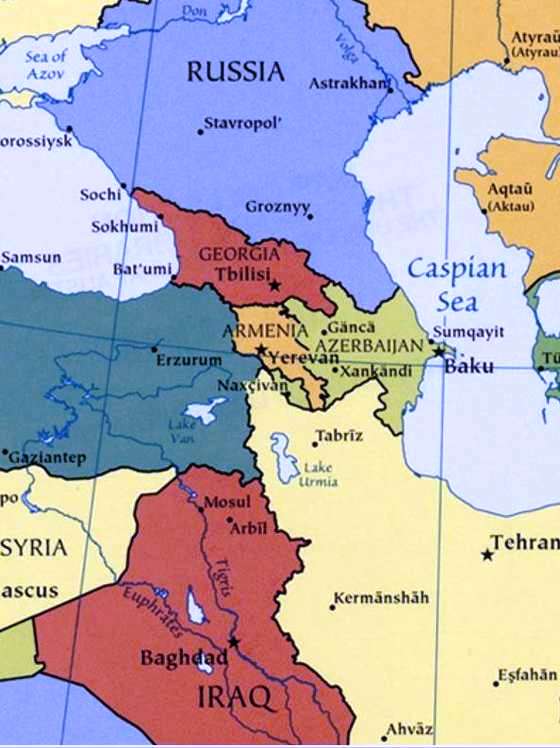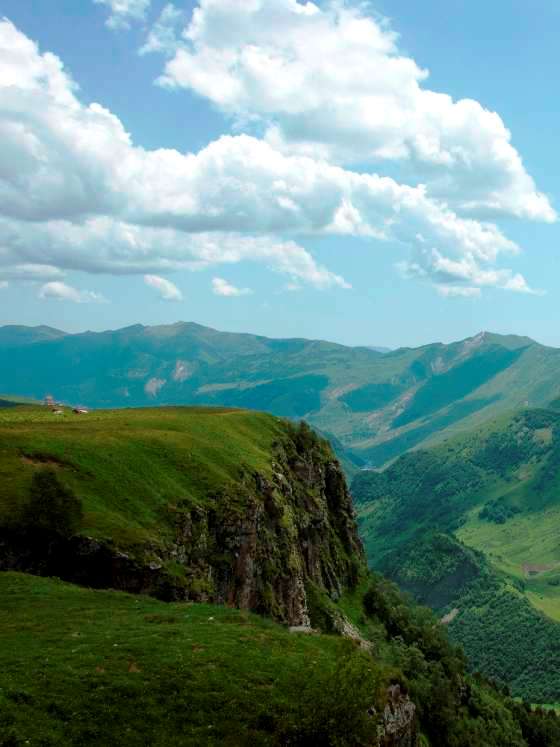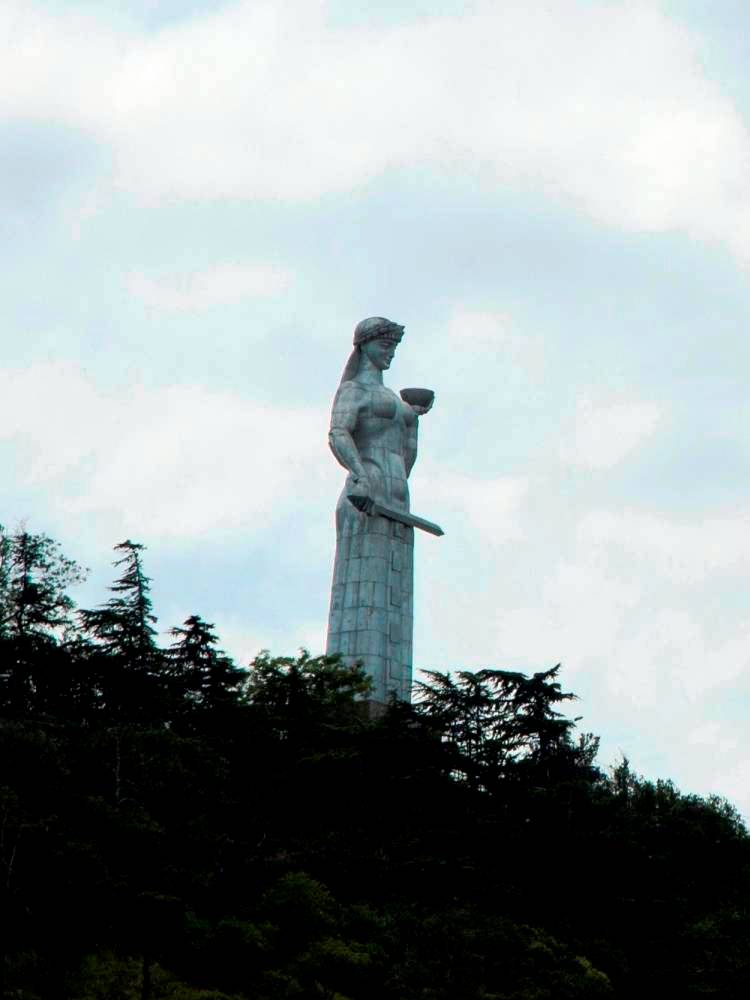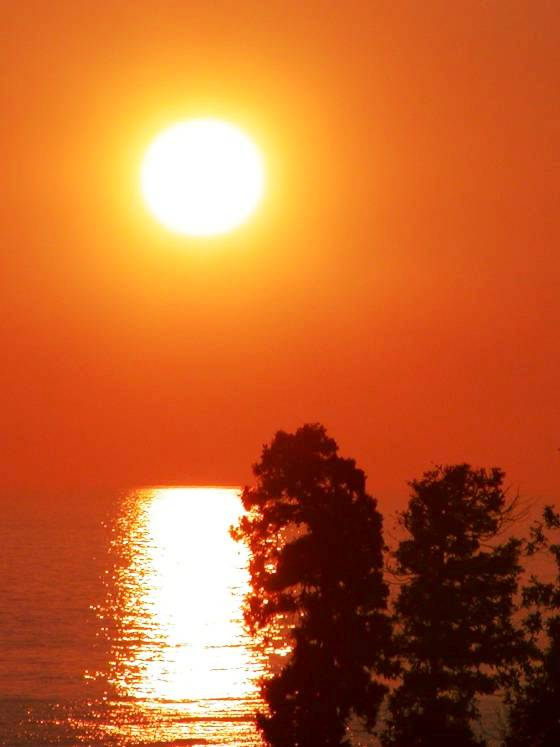Reisen nach Georgien mit Colour Tour Georgia
Nützliche Informationen für Ihre Reise nach Georgien
Was ist der beste Weg, um Ihre Reise in einem Land zu beginnen, als ein paar grundlegende Informationen über das Land zu lernen, grundlegende, aber dringend benötigte Informationen für das Reisen. Hier können Sie Georgien kennenlernen, nur einen kleinen Teil seiner riesigen Geschichte, einzigartigen Sprache, historischen Fakten, Kultur und Traditionen. Erfahren Sie in wenigen Worten, was Georgien so interessant macht, um Ihren Urlaub hier zu verbringen. Halten Sie sich mit kleinen Details wie Visumpolitik und Reiseversicherung, lokalem Wetter, Zeit und Währung auf dem Laufenden. Das sind Dinge, die Ihnen die Planung und das Reisen ins Land erleichtern und viel einfacher machen.
Geschichtsüberblick
Georgien ist ein Land mit der bemerkenswerten Geschichte und Kultur. Seine besondere geographische Lage rechtfertigt die kulturelle Identität, durch die sich Georgien von anderen Ländern unterscheidet. Einerseits liegt es an der Kreuzung von Europa und Asien, andererseits nimmt es einen zentralen Platz zwischen Kaukasus, dem Schwarzen Meer und dem Kaspischen Meer ein, wo Georgien immer eine bedeutende Rolle spielt.Kurz Information über Georgien
Georgia (/ˈdʒɔːrdʒə/ ); Georgian: საქართველო, translit.: sakartvelo, IPA: [sɑkʰɑrtʰvɛlɔ] is a country in the Caucasus region of Eurasia. Located at the crossroads of Western Asia and Eastern Europe, it is bounded to the west by the Black Sea, to the north by Russia, to the south by Turkey and Armenia, and to the southeast by Azerbaijan. The capital and largest city is Tbilisi. Georgia covers a territory of 69,700 square kilometers (26,911 sq mi), and its population due to the national description of 2017 is about 3.7 million.Georgia on the World Map
Georgia is a country in the Caucasus region of Eurasia. Located at the crossroads of Western Asia and Eastern Europe, it is bounded to the west by the Black Sea, to the north by Russia, to the south by Turkey and Armenia, and to the southeast by Azerbaijan. The capital and largest city is Tbilisi. Georgia covers a territory of 69,700 square kilometers (26,911 sq mi).Local Weather in Georgia
Georgia is spread from the south slopes of Great Caucasus mountains to the Black Sea and the weather consequently changes from calm mountainous calm to subtropical climate. The ideal seasons in most of the country are from mid-May to early July, and early September to mid-October, when it’s generally warm and sunny. July and August can be uncomfortably humid in the lowlands, with temperatures reaching 40°C. But this is an excellent time to be in the mountains, and it’s high season on the Black Sea. Best months for hiking in the Great Caucasus are June to September. Early autumn brings the festive wine harvest in Kakheti, from about 20 September to 20 October.Local Time in Georgia
- Georgia Standard Time - is abbreviated as GST and Georgia utilize standard time all year round.- Georgia is GMT/UTC + 4h during Standard Time.
- Please note, that Georgia does not utilize Daylight Saving Time.
Local Currency in Georgia
The currency of Georgia is the Lari (GEL) and it's relatively steady. One lari is made up of 100 tetri. Banknotes come in denominations of one, two, five, 10, 20, 50, 100, 200 and 500 lari.ATMs, generally accepting MasterCard, Visa, Cirrus and Maestro cards, are plentiful in cities and most towns. They all issue lari and a few will dispense US dollars and Euro as well. There are also plenty of small money-exchange offices in most towns and cities; they usually take US dollars, euros or Russian roubles. It’s useful to have some of these currencies in cash for times when there isn’t a convenient ATM nearby. You can make purchases with credit cards at the better hotels, restaurants and some shops in Tbilisi, but much less frequently outside the capital.
Visa Policy in Georgia
- The visa policy of Georgia is comparatively liberal, allowing citizens of 98 countries to enter, reside, work and study in Georgia without the necessity to obtain either visa or residence permit.- In addition, Georgian Government approved the list of 50 countries whose visa and/or residence permit holders may enter Georgia without a visa for an appropriate period and under appropriate conditions. Please, read more details here










